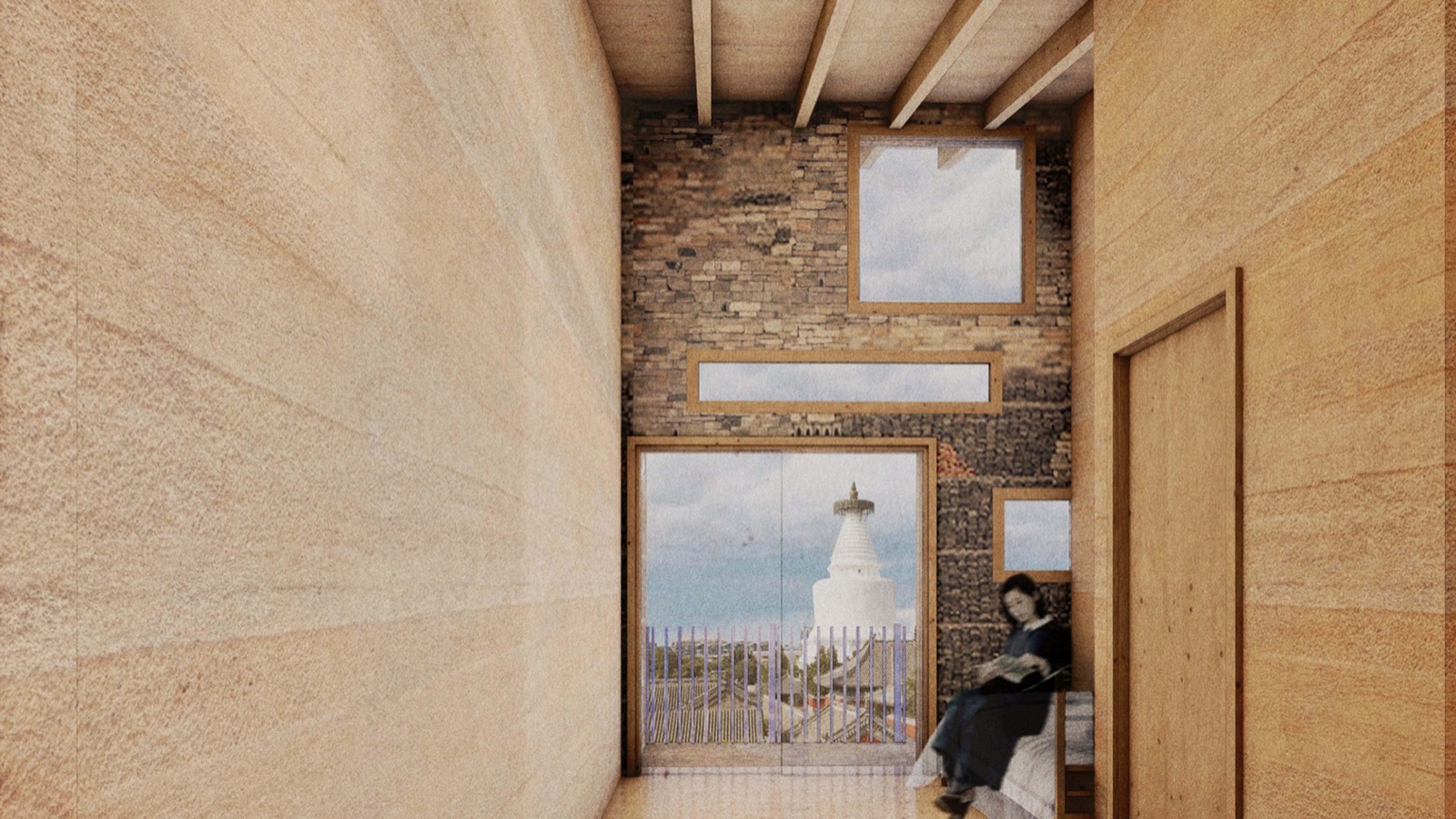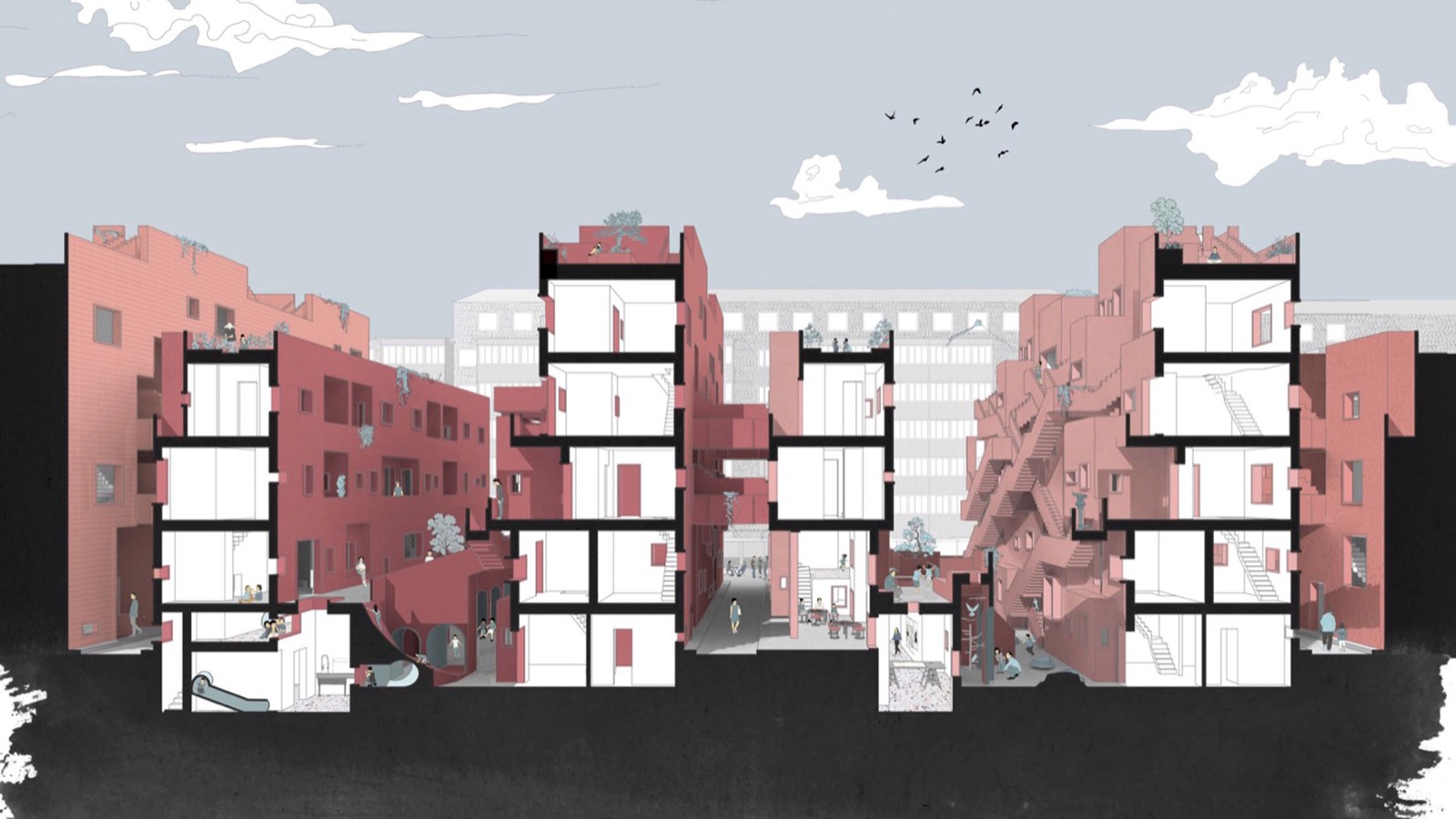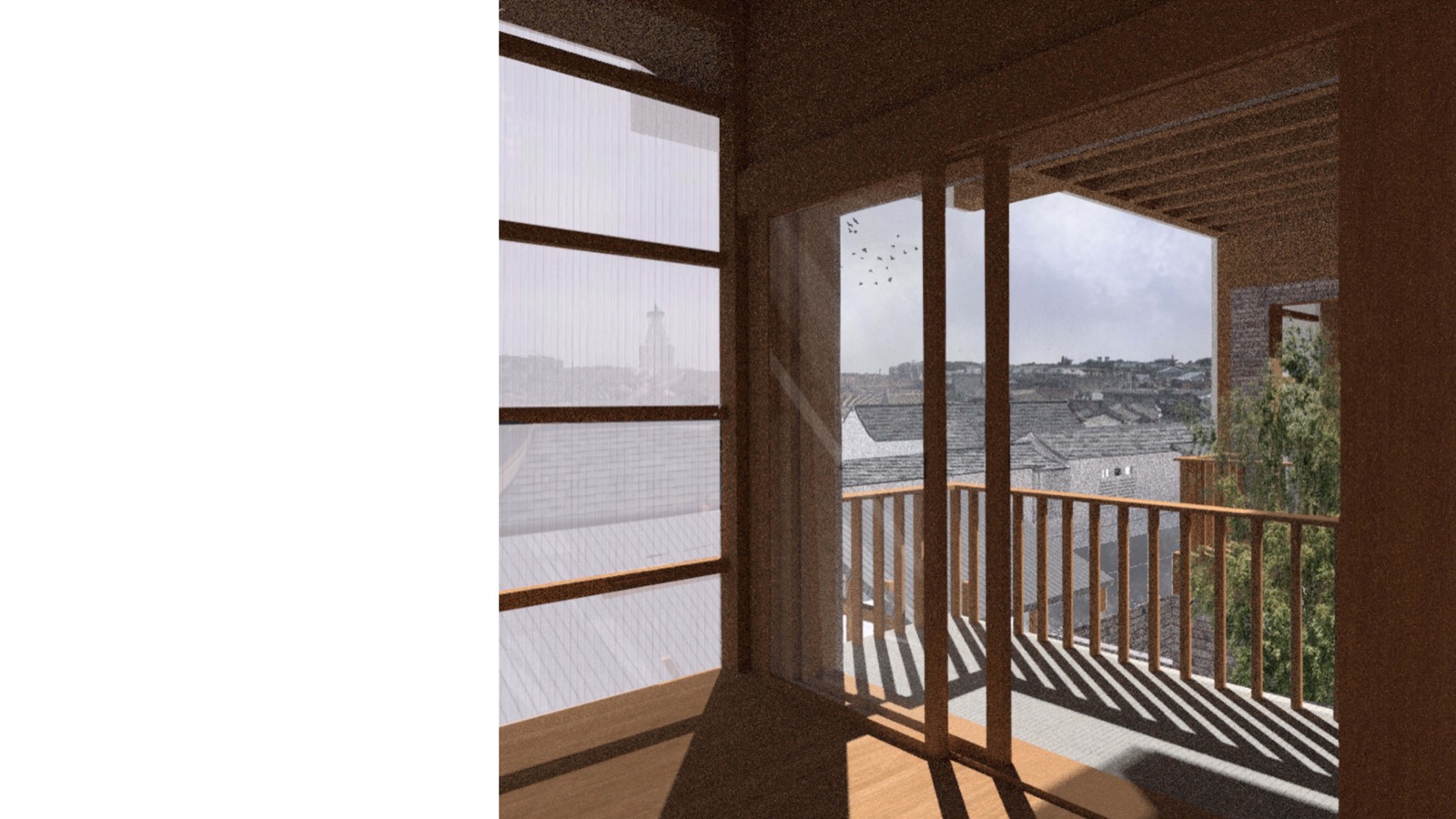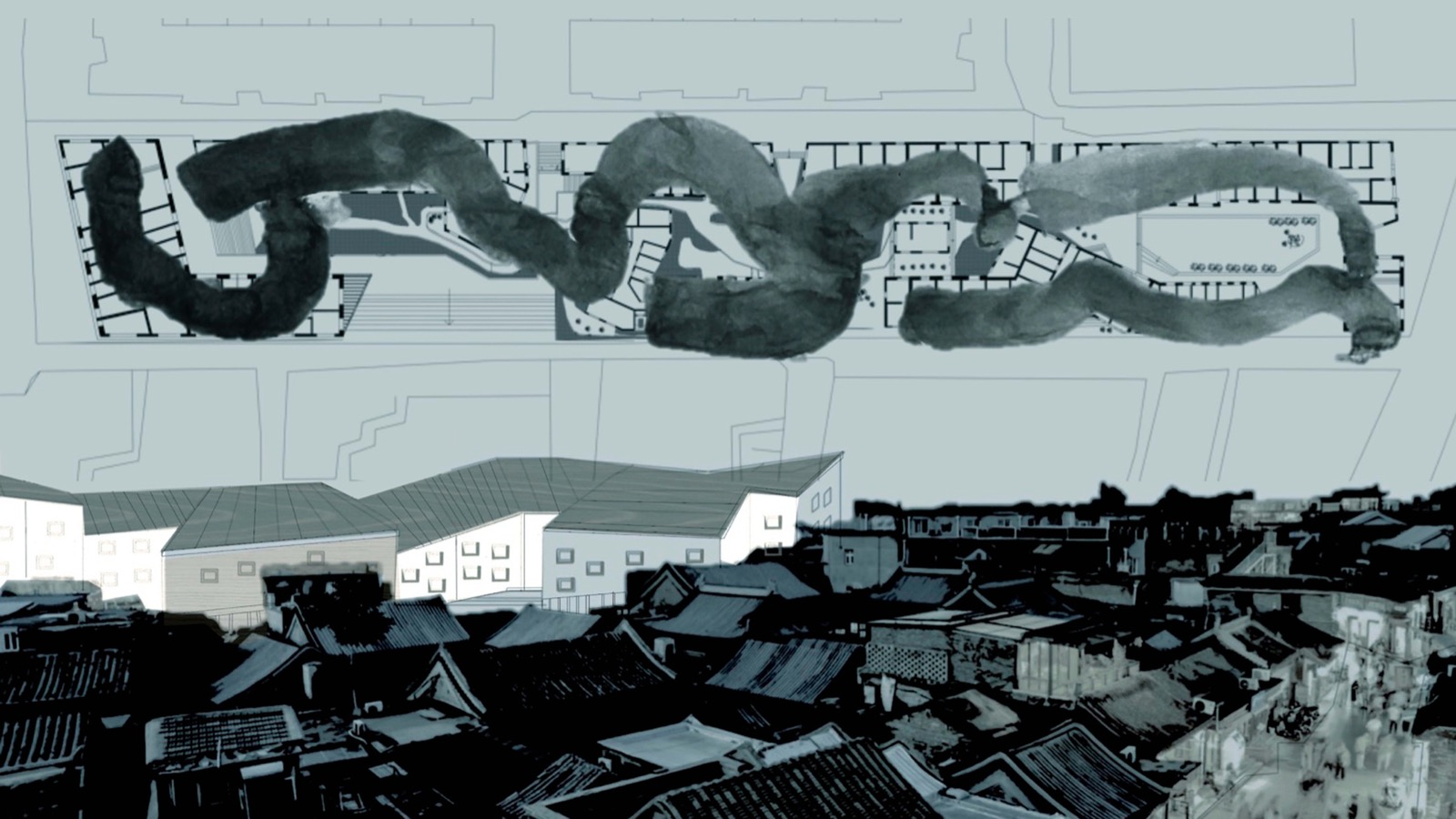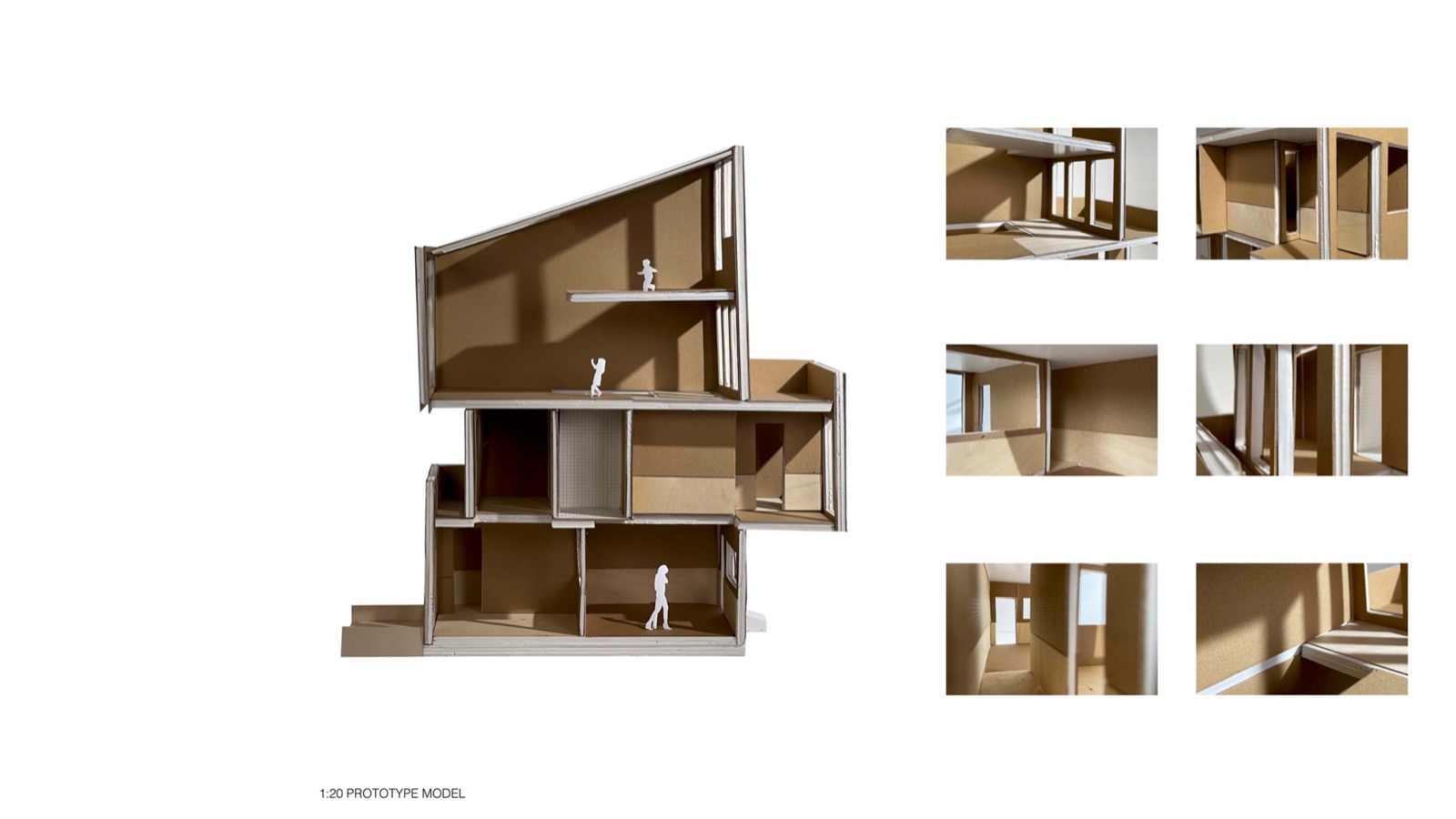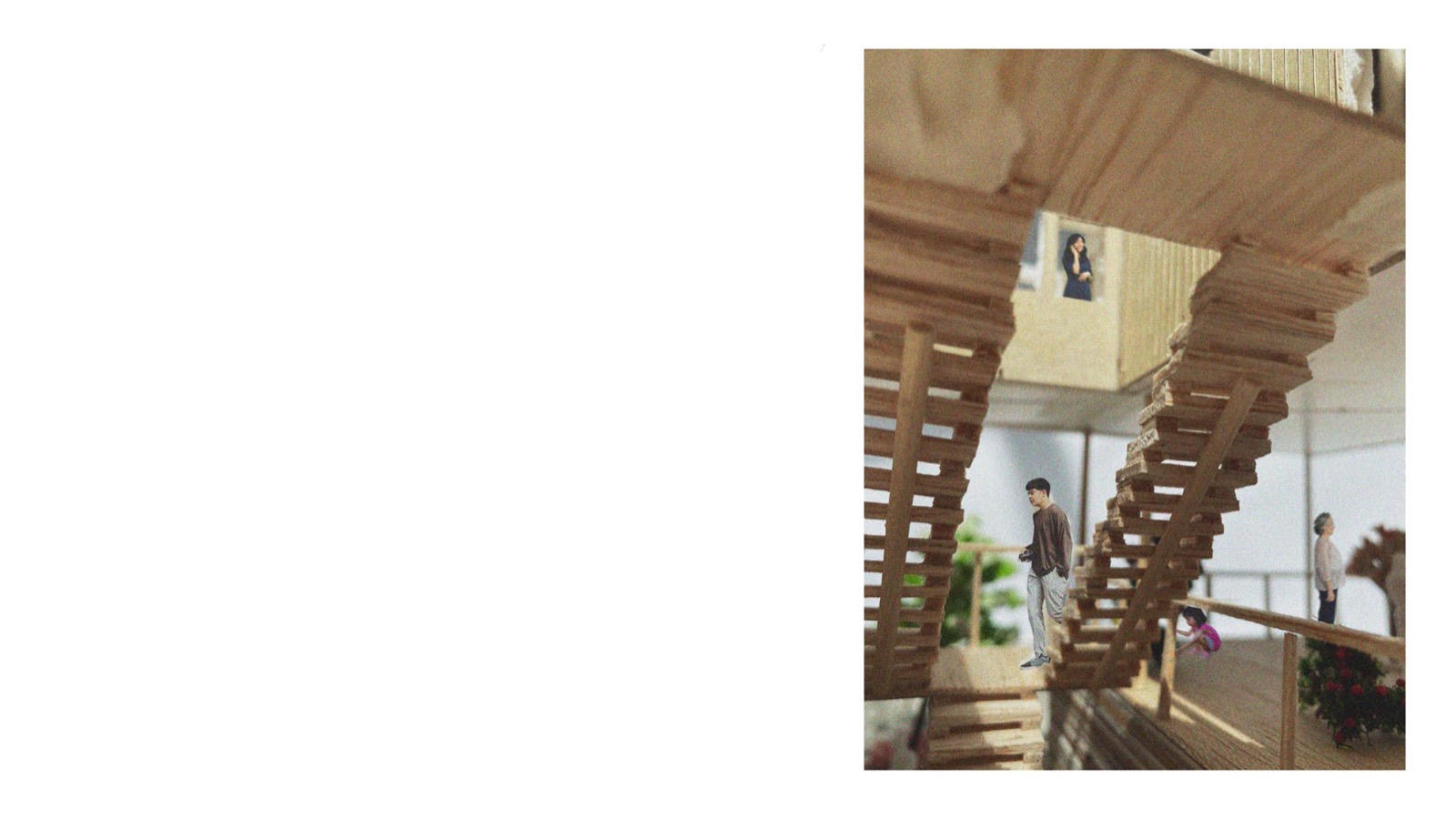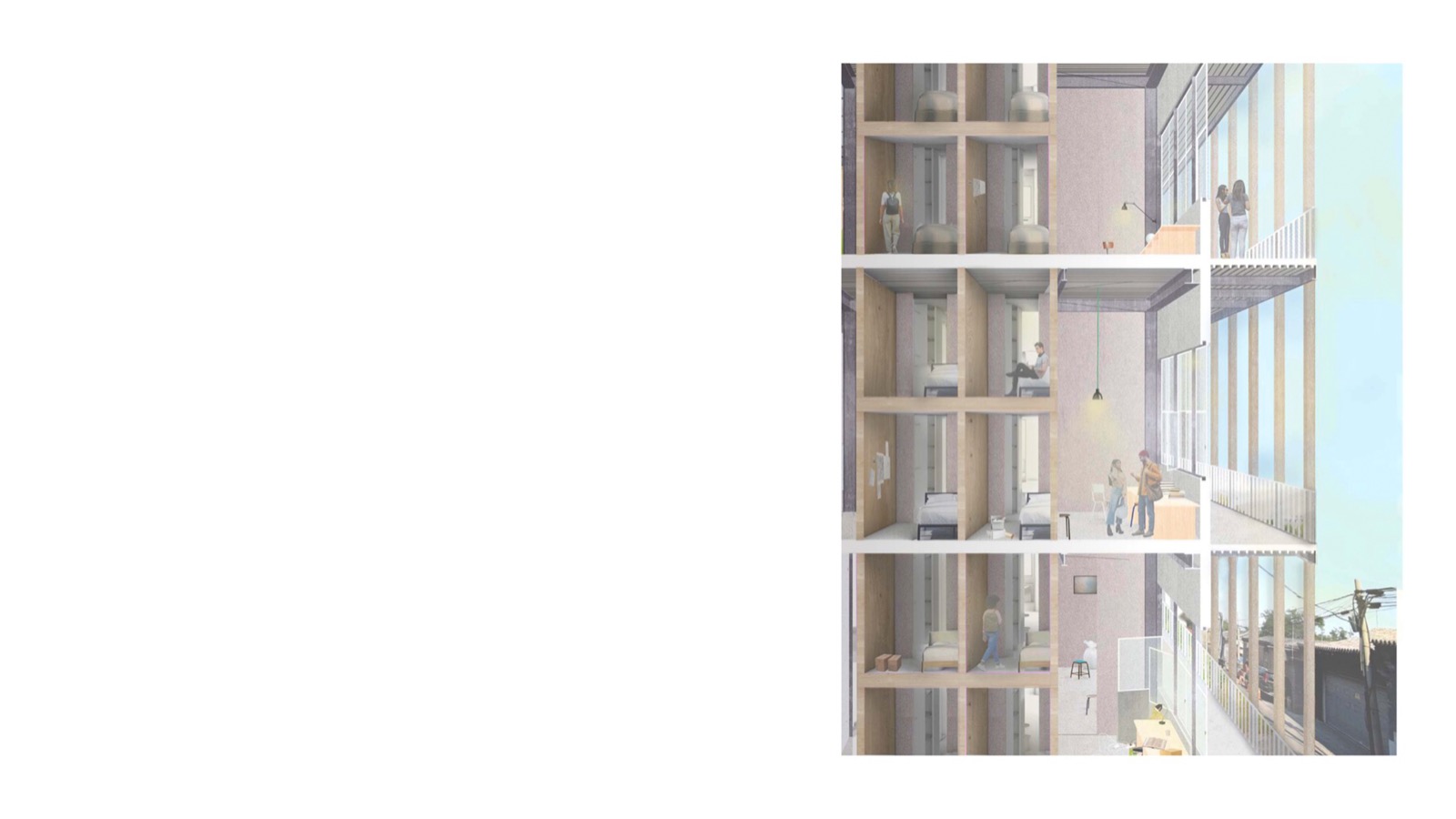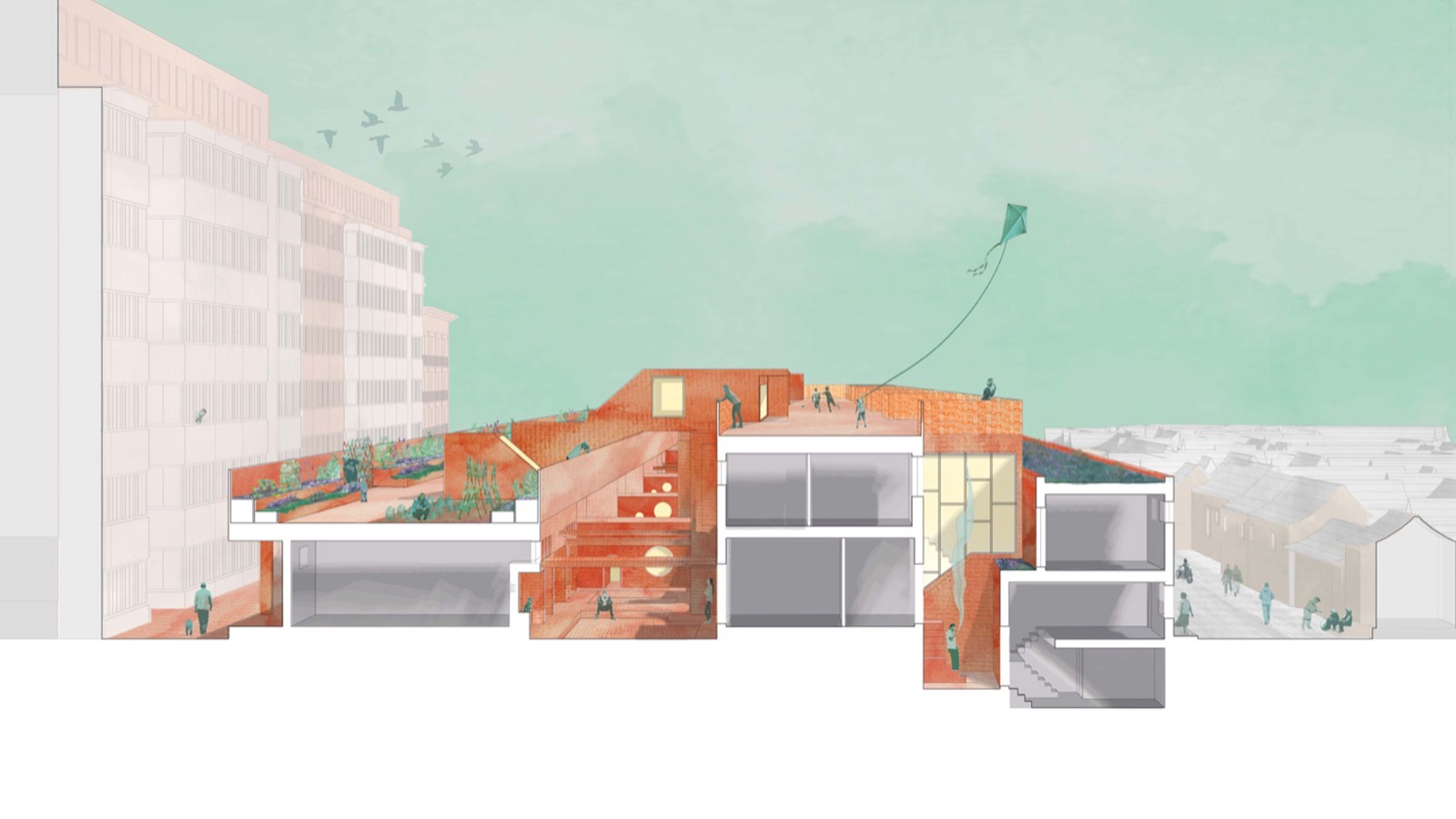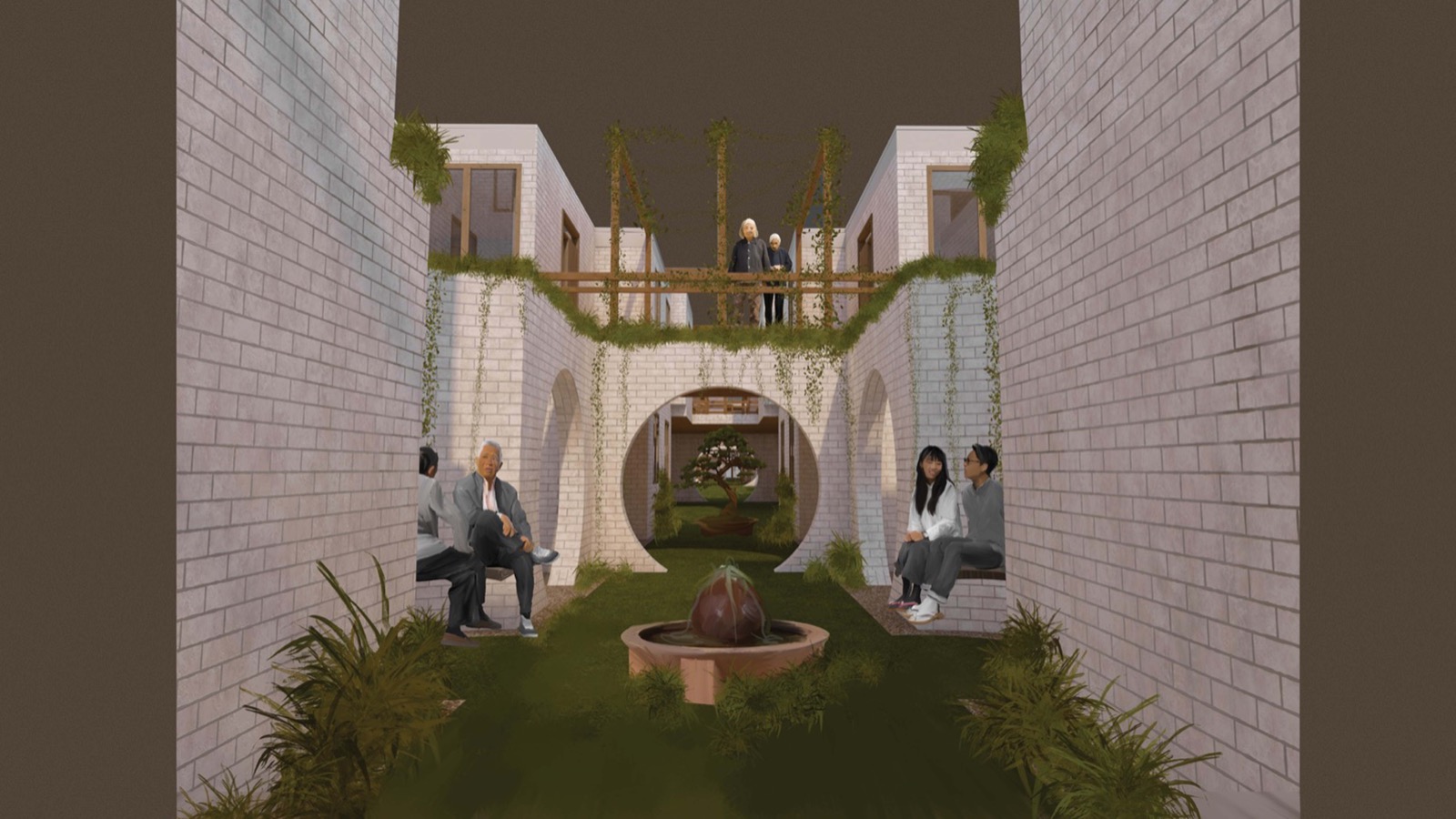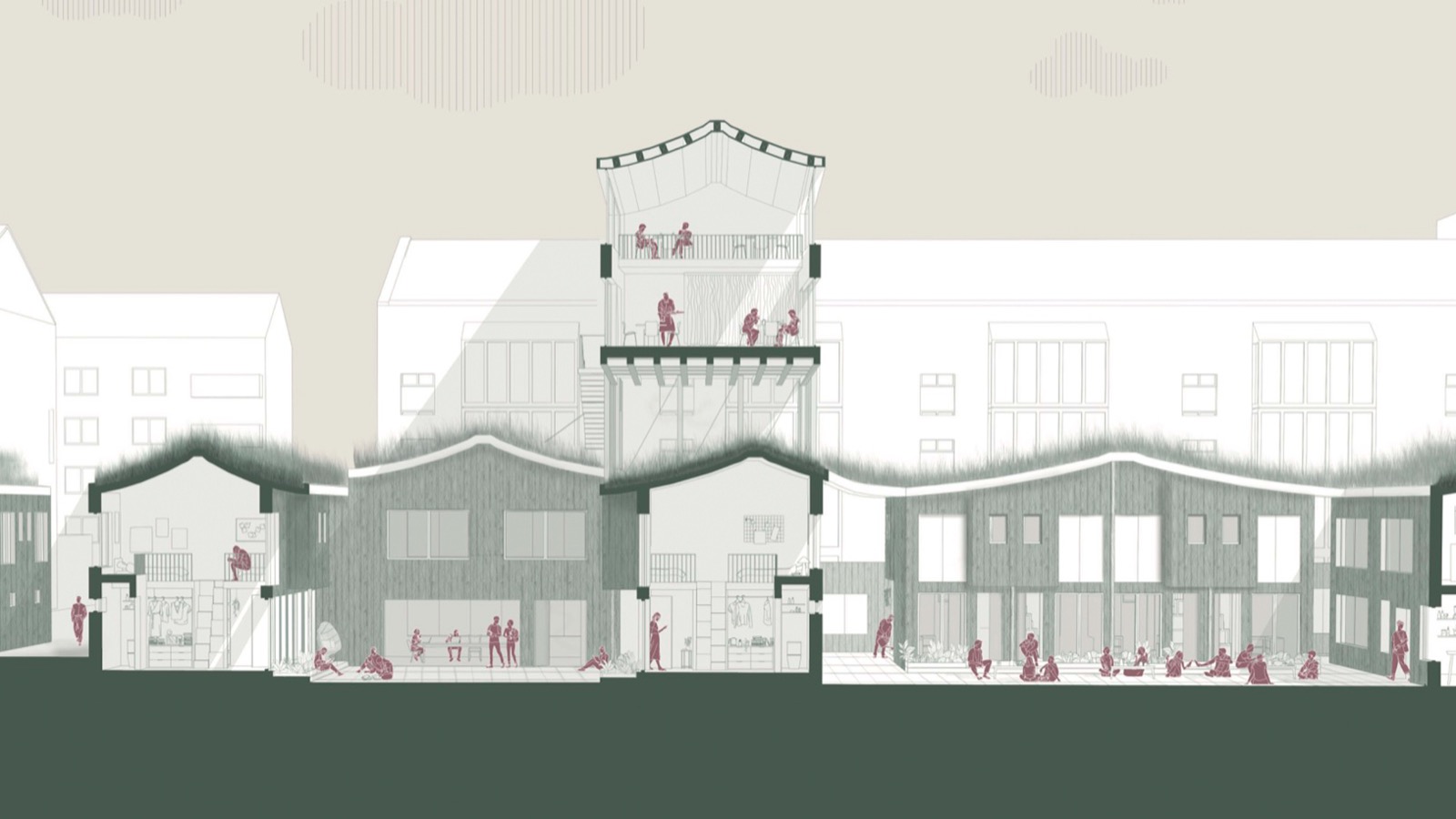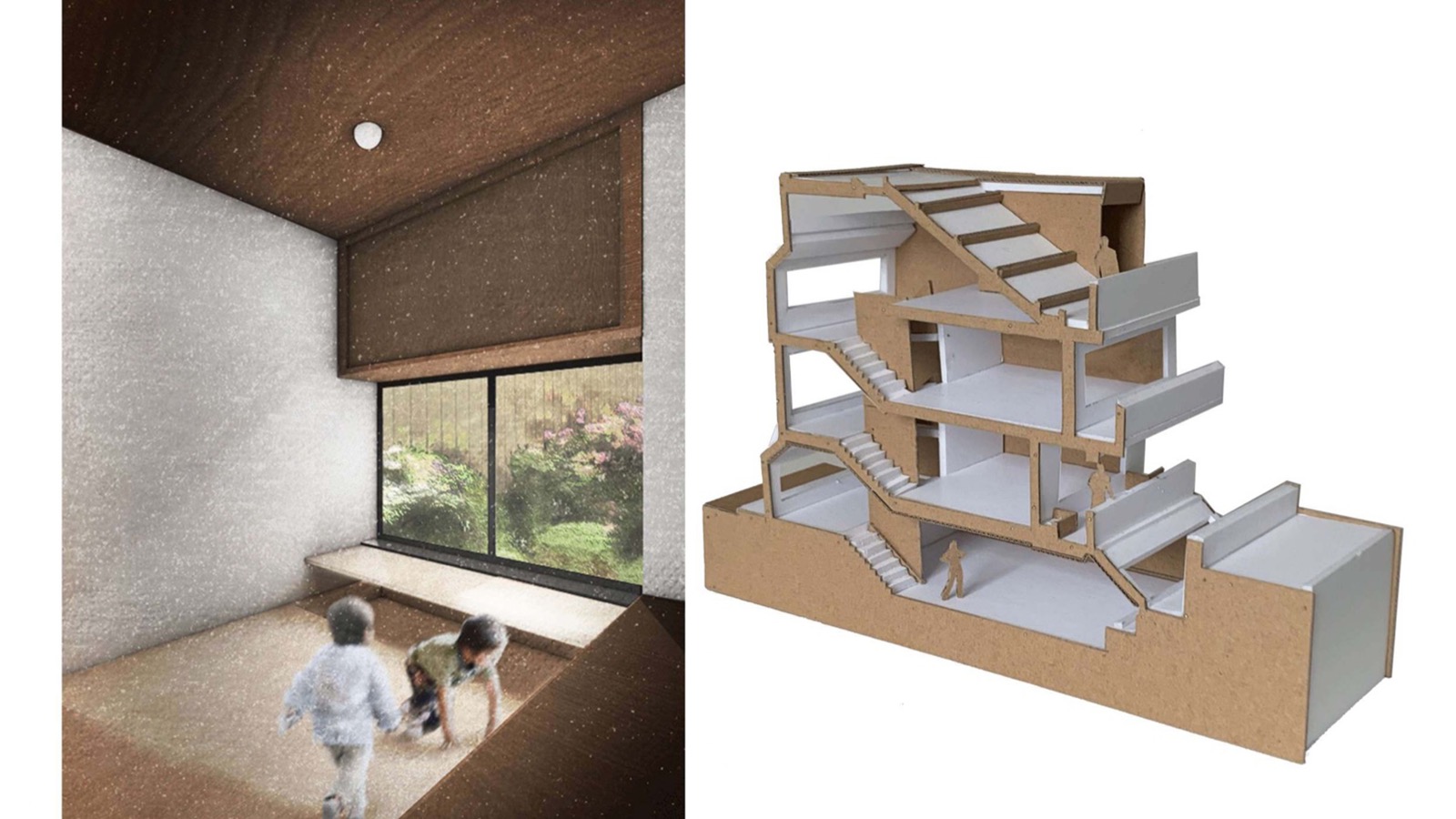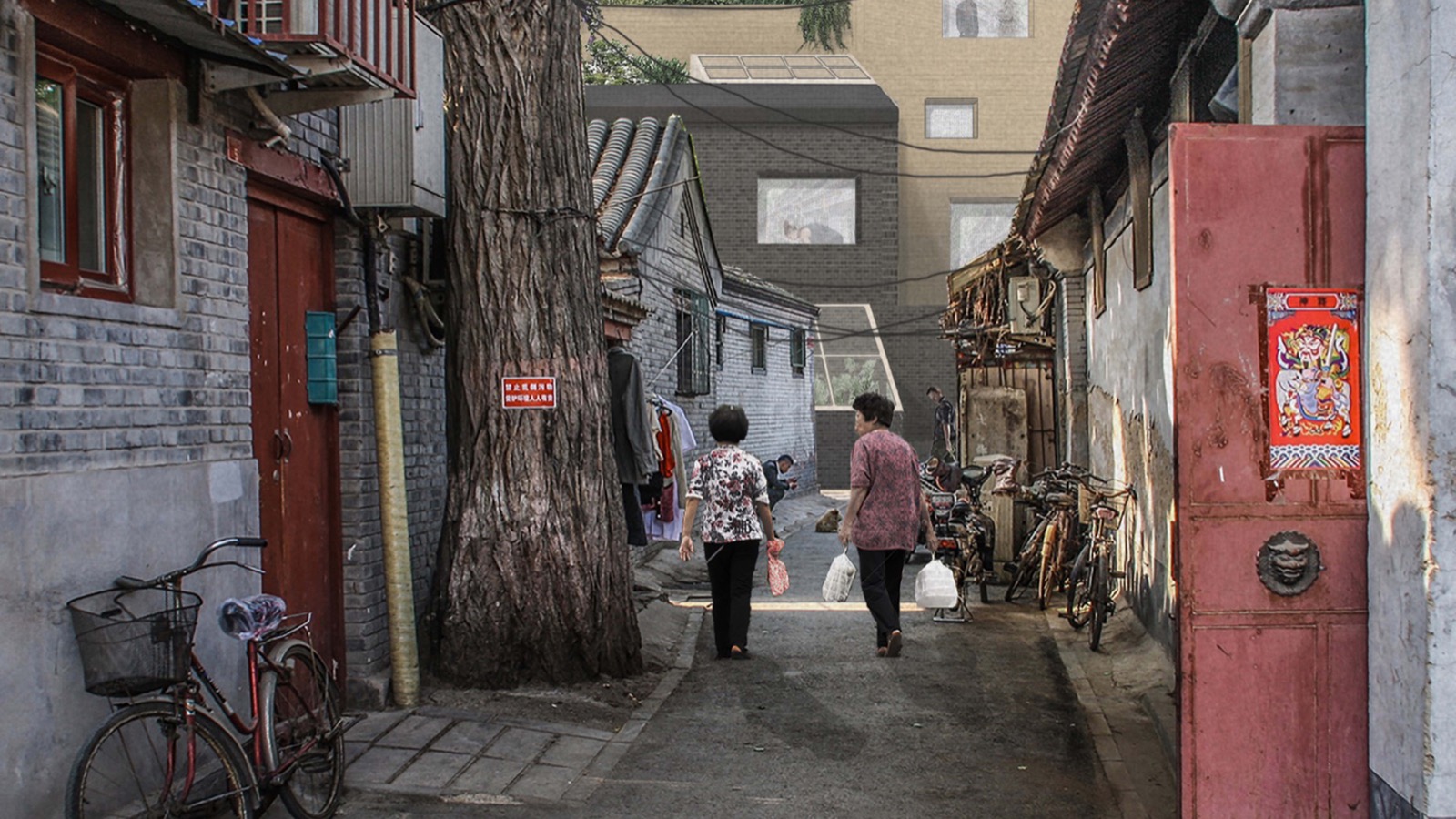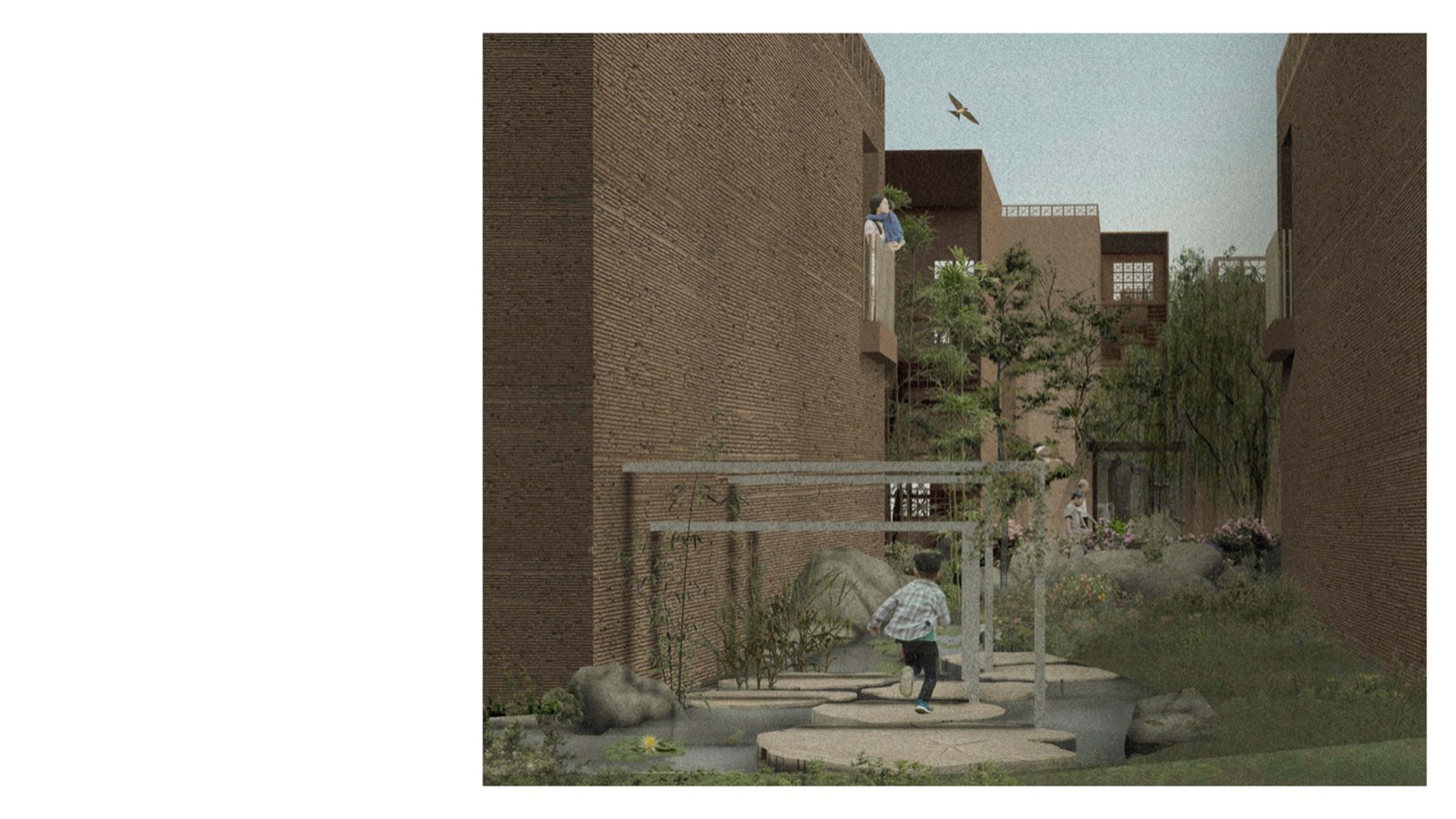Design Studio (Three) Seven ARCHIVE
YEAR THREE – DS3.7
Tutors: John Zhang and David Porter
John Zhang is an architect and academic. He runs Studio JZ, was previously an associate at award-winning practice DSDHA and holds a PhD from the RCA on the topic of contemporary Chinese architecture.
David Porter is an architect, urbanist and educator. He was a partner of David Porter Neave Brown Architects. He was Professor of Architecture at the Central Academy of Fine Art, Beijing (2012-18) and Head of the Mackintosh School of Architecture (2000-11).
Poetics of Habitation in the Age of Global Mobility
Using London and Beijing as our test beds, DS(3)7 explores novel ideas of housing and poetics of habitation. We draw inspiration from the Smithson’s phrase ‘art of inhabitation’ and the Chinese philosophy of ‘poetics of habitat’. This embodies our comparative approach in search of new ideas that address increasingly shared global issues.
Our work this year constitutes a critical response to the UK government’s ‘Build Back Better’ mantra, and its desire to ‘attract and retain high skilled, globally mobile talent, […] from around the world’. We challenge this definition of global mobility, particularly as it pertains to the housing of our transient communities in the post-pandemic world, where our ability to move from one place to another has become heavily curtailed, whether for work, for leisure, to escape persecution, war, or the increasingly devastating effects of global warming.
In semester one, we used Somers Town in London as the site for a new prototype for housing transient families and individuals. A living laboratory of historic housing innovation, our prototypes drew inspiration from the urban morphology of Somers Town, as well as the people who inhabit them. Through these experimentations we also questioned the definition of transience and the false implication that a transient community means a temporary architecture.
In semester two, the prototypical ideas from London were adapted, expanded and tested in Beijing. Focus shifted to an area in the city centre where a currently vacant site straddles historic Hutongs courtyards and Soviet-influenced utilitarian blocks. Working remotely in a different cultural and aesthetic context, utilising calligraphy workshops and museum visits, the students developed a series of comprehensive housing proposals that offered both programmatic innovation and tectonic novelty to respond to the emergent needs of Beijing’s transient communities and the long-term sustainability of the neighbourhood.










